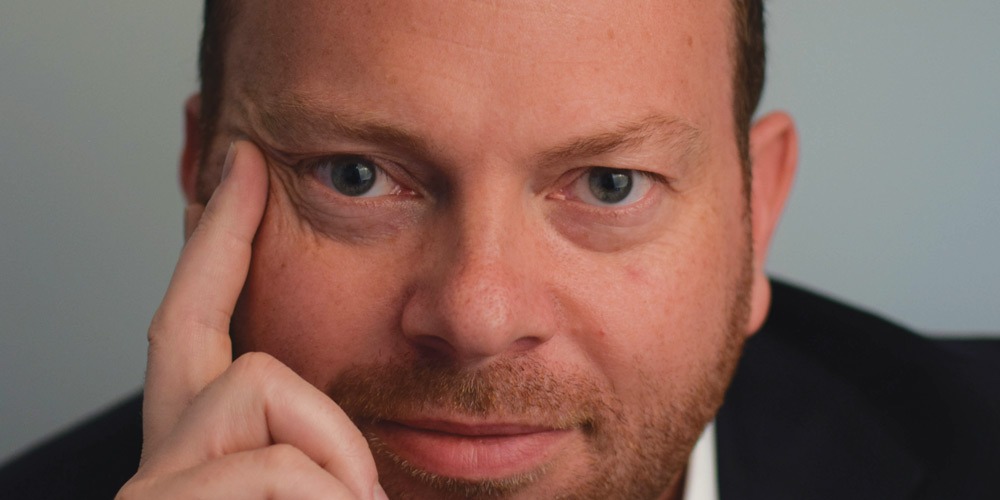Dylan Collins is touring the venture capital offices of Silicon Valley just waiting for someone to say yes. Collins believes he has the plan. And, having scaled and sold a string of tech businesses, no one is disputing his entrepreneurial pedigree. So, in 2013, he tours the Valley with the hubris and the arrogance of a serial founder on the cusp of his biggest play yet, eulogising how his company, SuperAwesome, is tapping into the biggest potential growth area on the internet: the internet of kids. Collins explains how his ‘kidtech’ platform will help content creators such as film…
Cancel at any time. Are you already a member? Log in here.
Want to read the full story?
Unlock this article – and everything else on The Currency – with an annual membership and receive a free Samsonite Upscape suitcase, retailing at €235, delivered to your door.

